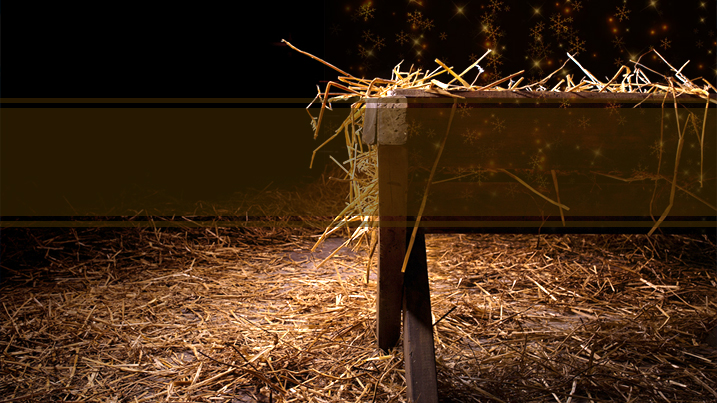Christmas – Day 3


Let’s get real about Christmas.
Um(Imi)bhalo weBhayibheli
KwabaseGalathiya 4
NgokukaMathewu 2
U-Isaya 7
When it comes to the origins of Christmas try to separate fact from time-honoured fiction. There were visitors from the east but we don’t know if they were kings/wise men/wizards from the east and we don’t know if their names were Melchior, Balthazar and Gaspar. It doesn’t say in the Bible. And they weren’t anywhere near the stable on the night of Christ’s birth. In Matthew 2:11 we read that they found him in a house. The animals, even if they had been present in the cave or shelter where Jesus was born, would have had no inkling of who he was or what his mission to earth would have been and if they “lowed” they would have done so because that’s what cattle do. In fact, the various stories of his birth found in Matthew and Luke differ vastly while Mark does not mention this remarkable event at all. So what can we believe about Christ’s birth?
Firstly, that it was not an unexpected event. One Old Testament prophecy after another spoke of the Messiah, the Anointed One, who would come to redeem the people of God. It is accepted by most believers that Jesus Christ was born of the Virgin Mary in fulfilment of Isaiah’s prediction in Isaiah 7:14 which says: Well then, the Lord himself will give you a sign: a young woman who is pregnant will have a son and will name him ‘Immanuel’.
From a more theologically descriptive point of view, John says that the eternal and divine Word became flesh and that God thus “tabernacled” among us. In effect it means that the second person of the Trinity, Jesus Christ is both God and human united in one person.
Why did God become a man? To redeem his creation and rule over it. In his role as Lord and King he reveals God to men. That in short is what Christmas is about. Nothing more, nothing less but more than enough reason to celebrate his birth with praise, joy and thanksgiving in the most fitting manner you can dream of.

